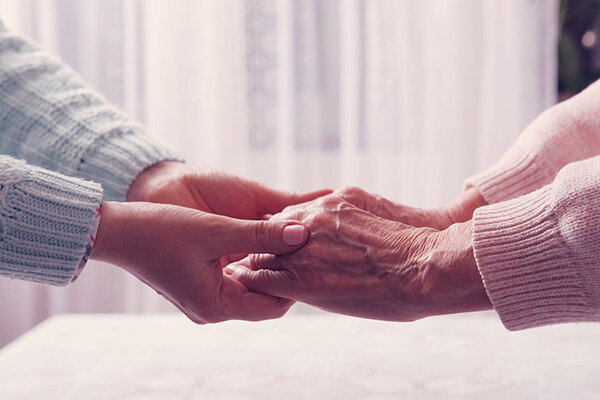How End of Life Care Helps Seniors
How End of Life Care Helps Seniors
For some in the medical industry, a senior citizen who is not long for this world is looked at as a failure of modern medicine. The healthcare industry wants to treat diseases, and when disease takes over a body, some doctors and nurses lose their focus on the patient. End of life care workers wants this to change.Instead of looking at the patient as being the result of a failed treatment, they try to help the patient face the next steps of the dying process.
What is End of Life Care?
There is a new approach to the end of life treatment. Instead of “discontinuing treatment” for dying individuals, some healthcare professionals alter the care they provide. Instead of taking an inactive approach to death and just “waiting for it,” advocates for the end of life care take an active and compassionate approach for treating people in the last stages of their lives.End of life care professionals try to become aware of the needs and desires of senior citizens, and then offer the appropriate treatment for their conditions as well as comfort and support to those approaching death. They also give support to families and friends of the senior citizen throughout the dying process and also during their grief.What specifically do end of life care advocates do to help senior citizens prepare for the next step?
Educate Seniors on Treatment Options
While they don’t help them choose what treatment options to continue and what treatments to suspend, they teach them what will be the result of those choices.As senior citizens’ health deteriorates, they may be suffering from a variety of health issues. They may suffer from a severe illness, such as cancer, but they also can be suffering from the chronic disease as well, such as diabetes.End of life healthcare workers educates the individual and the family about those treatment choices. If the senior citizen is able to make his or her own decisions regarding treatment, the palliative care worker makes sure their desires are met.
Making Sure That Final Wishes Are Followed
At some point in the process, a health care worker should go over advance care planning. At this time, patients make the decision when to withhold or withdraw life-sustaining treatment. If the patient is not able to make those decisions, the family has to make them for the patient.For some older people, they may be more concerned about being over treated at the end of the life than fearing abandonment.More than likely, these decisions will be tough, especially for the surviving family members and loved ones. They may not want to hear that Mom has signed a form asking not to be resuscitated if undergoing cardiac arrest. They may not agree with their Father who is stopping treatment for cancer. The palliative care worker follows the patient’s desires regardless of how the family feels regarding those choices.If the patient is not able to make those choices due to dementia or loss of consciousness, the family members have to make those difficult choices. This is why it is essential to make your desires known sooner rather than later. Have those hard discussions with your family and fill out the appropriate legal and medical forms to make sure your wishes are followed.
Help Seniors Control Pain
As we age, we tend to have more complex health issues than younger people. The complexity of the health issues may make it difficult for doctors to find the source of the pain in the dying. To complicate matters, seniors react differently to pain medications, and so much care needs to be taken on prescribing the right drug at the proper dosage.
Talk About Emotions Involved With Death
When we die, we face the great unknown. There are many emotions that patients go through during this process. End of life care workers are trained to discuss these emotions with the dying and say the right words to bring calmness and comfort to the difficult situations.
Honest and Sensitive Communication With Seniors
They feel that a doctor should see patients regularly as death approaches and that this doctor should make sure that everyone involved understands that death is imminent. While it is extremely difficult to develop a timeline, all attempts should be made to give the patient and family as accurate a picture as possible regarding how much time is left.
Treat the Entire Patient, Not Just the Physical Body
As a person approaches the end of life, he or she may become less concerned about the body and more focused on the spiritual well being. A good health care worker understands the importance of an individual’s beliefs and culture and makes sure the patient’s spiritual needs are met as well.
Makes Sure Seniors Make Their Own Decisions
For example, it is up to the individual if he or she feels like eating or drinking in the time approaching death. It is also up to the individual to choose where he or she wants to be as death approaches.
Educate and Support Surviving Family Members
These healthcare workers act as educators, as they teach the family about the dying process. This is done with compassion and sensitivity. End of life care workers should teach the family how to make their loved one as comfortable as possible during this time.As some family members may have never faced death before or even been around a sick person, they may wonder what they should be doing as they approach the sick bed. End of life workers, either by example or by education, can show the family members how to bring comfort to their dying family member.Depending on the situation, some end of life care workers may offer respite care for the family as they monitor their loved one through the dying process. They also provide resources to family members on spiritual and emotional matters. This is especially needed when the sick family member is not conscious anymore. It is only natural that during this time the spiritual and emotional supports shifts from the patient to the family member.Some are quick to extol the virtues of their doctors and medical teams. We all are amazed when the sick and infirm are pulled back from death’s door and are able to survive longer than what was previously anticipated. These stories are inspiring and may encourage young people to study medicine.One does not often hear the same about those unsung heroes who usher their patients into the great unknown. These healthcare workers educate the patient and family. They also make sure the patient is comfortable during the dying process, but they also pay attention to the emotional and spiritual needs of their patients and their families as well. Even though the outcome of their service always involves death, these are some of the real heroes of the medical industry.
